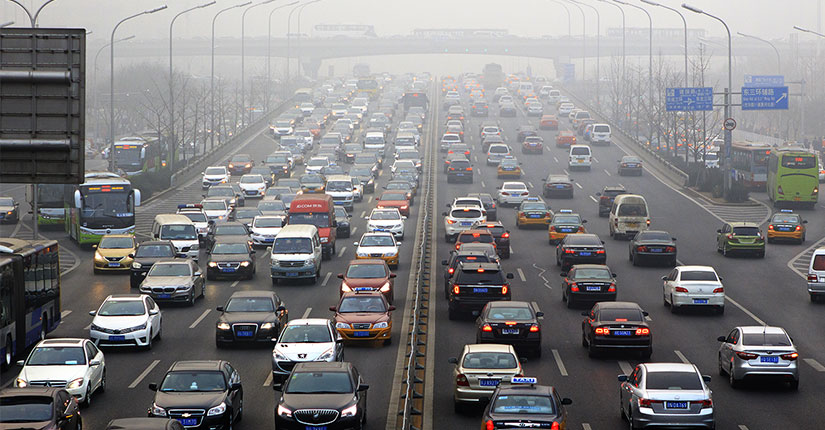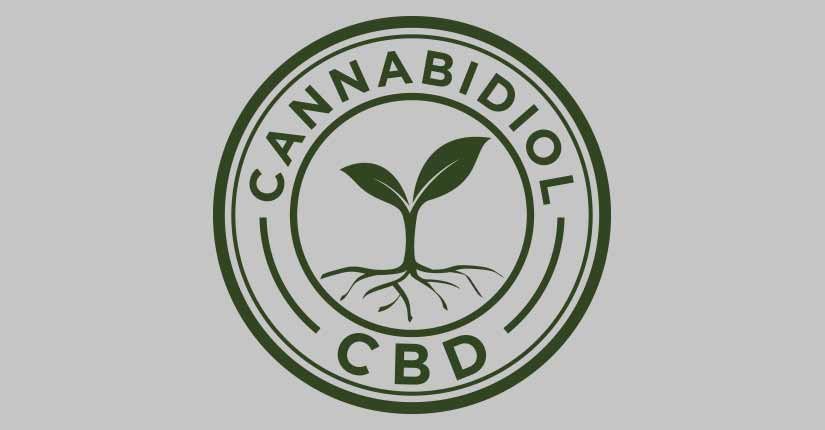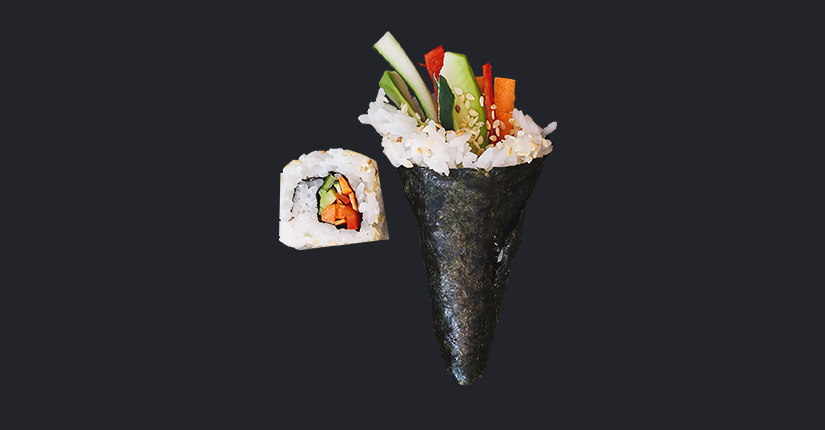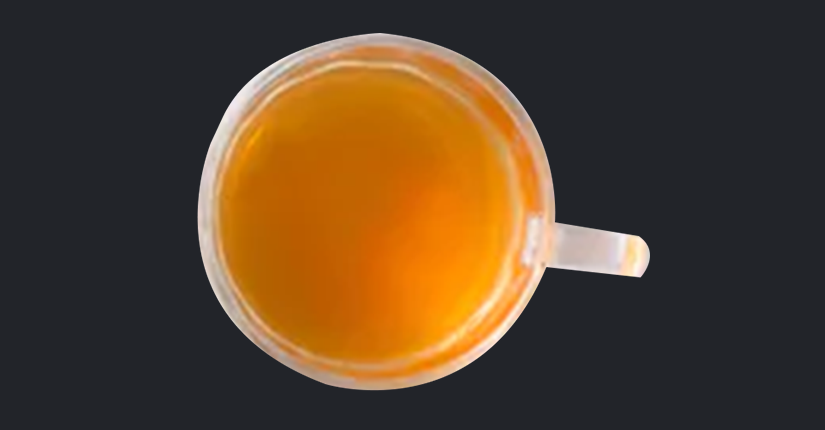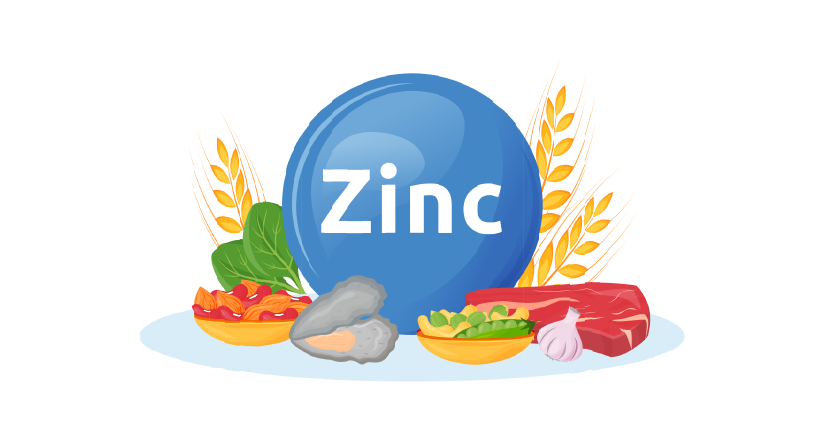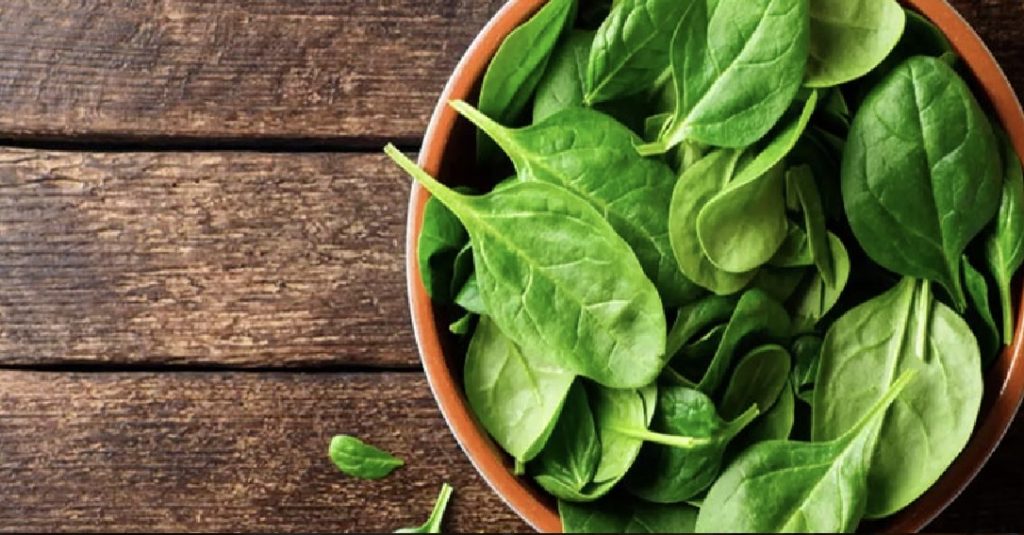UN Tweeted About Benefits Of Pollinators
By Nmami Agarwal 01-Aug 2022 Reading Time: 3 Mins
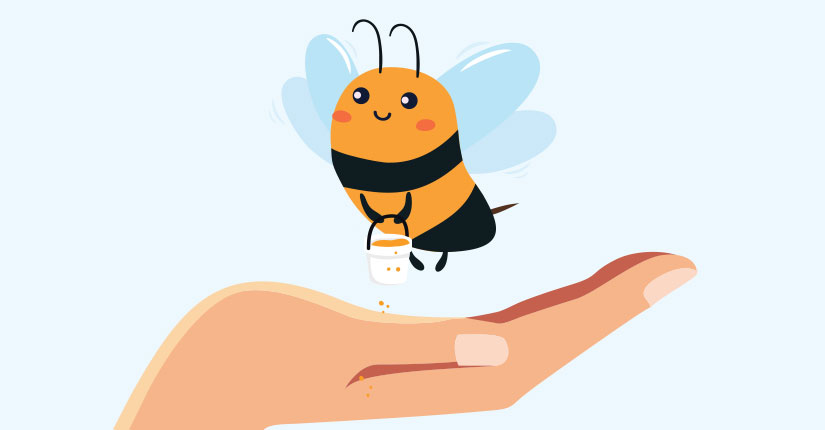
Pollination is the transfer of pollen from the anther (the male part of the flower) to the stigma (the female part of the flower). Some plants can pollinate themselves: in this case, the pollen passes from the anther to the stigma inside the same flower, and this is called self-pollination. Other plants need pollen to be transferred between different flowers or different individuals of the plant. This is cross-pollination. Many plants can be pollinated both ways. Plants can be pollinated by wind or animals.
If we look at the many colourful and different-looking flowers, we should not forget that they have developed as an adaptation for the bees and other pollinators, and not to please humans! Bees and most flowering plants have developed a complex interdependence for millions of years. An estimated 80 percent of flowering plants are entomophilous i.e. depending more or less on insect pollination to be able to reproduce, and it is estimated that half of the pollinators of tropical plants are bees. The efficiency of honeybees is due to their great numbers, their physique, and their behaviour of foraging on only one plant species at one time. The bees have to find their food in flowers. The food can be nectar or pollen. Nectar is produced to attract the bees. Pollen is also attracting the bees, but it has another function too: it is produced to ensure the next generation of plants.
Here Are Some Benefits Of Pollinators:
- Help 75% of crops produce fruits and seeds to pollinate.
- Increase biodiversity
- Increase food production
- Provide micro-nutrient-rich foods
- Maintain ecosystems
Without bees, there would be no flowering plants, and without flowering plants, there would be no bees. Without bees, biodiversity would not be so great. Biodiversity is measured as the number of different plant and animal species found in a certain unit area. Biodiversity is highest in tropical forest areas and lowest in the Arctic. High biodiversity is related to the high age of the ecosystem, and a stable environment. A stable environment creates the possibility of the development of specialization and the use of narrow ecological niches.
Over To You:
The benefits of pollinators & bees are un-bee-lievable. They do so much for us & our planet. Now it is time for us to take action to protect them & save the bees.




